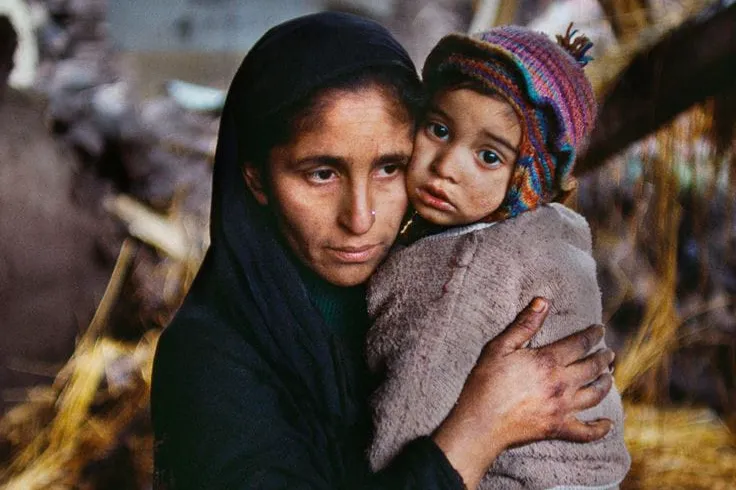الزكاة، في إطار الشريعة الإسلامية، تمثل ركيزة أساسية من ركائز العدالة الاقتصادية والاجتماعية. إنها ليست مجرد فرض ديني، بل هي نظام توزيعي ذكي يهدف إلى تحقيق التوازن في المجتمع. يعكس تشريع الزكاة فلسفة المشاركة والتضامن، حيث يُشجع المسلمون على تقديم نسبة معينة من ثروتهم لدعم الفقراء والمحتاجين.
تعريف الزكاة: الزكاة لغة هي النماء والزيادة، والزكاة شرعًا هي قدر معين من المال يتم إخراجه في وقت معين لطائفة معينة من المسلمين.
حكم الزكاة:
هي أحد أركان الإسلام الخمسة وهي الركن الثالث بعد الشهادتين والصلاة وهي فريضة واجبة بالكتاب والسنة والإِجماع فَمُنْكِرُ وُجُوبِها كافرٌ مُرْتَدُّ عن الإِسلام.
فأما وجوبها بالكتاب فلقول الله تعالى:{ وأقيمُوا الصَّلاةَ وآتُوا الزَّكَاةَ} (النور 56) ولقوله تعالى: { خُذْ مِنْ أمْوالِهِمْ صَدَقَةً تُطَهِّرُهُمْ وتُزَكِّيْهِمْ بِهَا} (التوبة 103) ولقوله تعالى: { وَآتُوا حَقَّهُ يَوْمَ حَصَادهِا } (الأنعام 141) وقوله تعالى: { وَالَّذِينَ فِي أمْوَالِهِمْ حَقٌ مَعْلومٌ لِلسَّائِل و اْلمَحْرُومِ } (المعارج 24- 25).
وأما من السنة فلحديث ابن عباس رضي اللّه عنهما: أن النبي صلى الله عليه وسلم لما بعث معاذا إلى اليمن قال: "إنك تأتي قوما أهل كتاب فادعهم إلى شهادة أن لا إله إلا اللّه وأني رسول اللّه، فإن هم أطاعوا لذلك فأعلمهم أن اللّه عز وجل افترض عليهم خمس صلوات في كل يوم وليلة، فإن هم أطاعوا لذلك فأعلمهم أن الله تعالى افترض عليهم صدقة في أموالهم، تؤخذ من أغنيائهم وترد إلى فقرائهم.. الحديث ". رواه الجماعة
الحكمة من تشريع الزكاة:
تشريع الزكاة يعود إلى عدة حكم وأهداف، منها تحقيق التوازن الاقتصادي والاجتماعي، ودعم الفقراء والمحتاجين في المجتمع. كما يعزز توجيه الثروة نحو الفئات الأكثر فقرًا، ويعكس مفهوم المسؤولية الاجتماعية والتضامن في الإسلام.
الزكاة ركن من أركان الإسلام وبإدائها يصبح المسلم كاملًا عند أدائه لركن الزكاة، وهو فعل يسعى إليه كل مؤمن، حيث يتطلع كل مسلم إلى إكمال دينه وتحقيق الغاية العظيمة للإسلام.
أداء فريضة الزكاة دليل على صدق إيمان المزكي، إذ يظهر هذا الصدق في استعداده للبذل، علمًا بأن المال شيء محبوب، والصدقة تعبر عن صدق رغبته في بلوغ رضا الله.
على من تجب الزكاة؟
1- الإسلام: فلا تقبل من الكافر.
2- الحرية: فلا تجب على العبد؛ لأنه لا يملك – وننوه أن العبودية قد قضى عليها الإسلام فلا تجدها في زماننا -.
3- الملك التام: ومعناه أن يكون المال مملوكاً لصاحبه مستقراً عنده.
4- النماء: ومعناه أن ينمو المال ويزداد بالفعل أو يكون قابلاً للزيادة، كالأنعام التي تتوالد والزروع التي تثمر، والتجارة التي تزداد، والنقود التي تقبل النماء،
5- الفضل عن الحوائج الأصلية: من مأكل ومشرب، وملبس ومسكن، والنفقة على الزوجة والأبناء، ومن تلزمه نفقتهم.
6- الحول: ومعناه أن يمر على امتلاك النصاب عام هجري، والدليل قوله صلى الله عليه وسلم: (لا زكاة في مال حتى يحول عليه الحول) [رواه أبو داود والترمذي وابن ماجه بإسناد حسن] . ما عدا الزروع والثمار لقوله تعالى: {وَآتُوا حَقَّهُ يَوْمَ حَصَادِهِ} [الأنعام:141]، وكذلك نتاج بهيمة الأنعام، ونماء التجارة؛ إذ حولها حول أصلها
7- السوم: وهو رعي بهيمة الأنعام بلا مؤنة ولا كلفة، فإذا كانت معلوفة أكثر العام ويتكلف في رعيها فليس فيها الزكاة عند الجمهور، لحديث: (في كل إبل سائمة في كل أربعين بنت لبون) [صحيح ابن خزيمة]، وفي كتاب أبي بكر رضي الله عنه قوله: (وفي الصدقة الغنم في سائمتها..) الحديث، [رواه البخاري]. حيث قيّد الزكاة بالسوم.
8- ملك النصاب: والنصاب هو القدر الذي رتب الشارع وجوب الزكاة على بلوغه، فمن لم يملك شيئاً كالفقير فلا شيء عليه، ومن ملك ما دون النصاب فلا شيء عليه، والنصاب يختلف من مال إلى مال.











-white.svg)